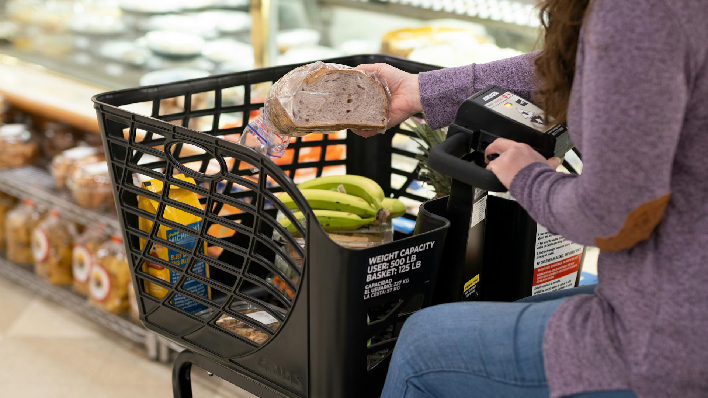It’s Official, Self Checkout Is A Failure But Will Retailers Actually Pull The Plug?
Nearly everyone who does any shopping in-store has had the pleasure, or displeasure, of having to ring up their own items, bag them, and then have all those bags checked by a store employee before leaving the store as if they had stolen something. That’s because many stores bet big on self-checkout as being the new and more cost effective way of doing business. However, many stores now find that the entire process is actually costing more than if they had stuck with the old-fashioned way of doing things and paying an employee to ring up customer’s items.
“It hasn’t delivered anything that it promises,” remarked Christopher Andrews, associate professor and chair of sociology at Drew University, and author of The Overworked Consumer: Self-Checkouts, Supermarkets, and the Do-It-Yourself Economy. “Stores saw this as the next frontier… If they could get the consumer to think that [self-checkout] was a preferable way to shop, then they could cut labour costs. But they’re finding that people need help doing it, or that they’ll steal stuff. They ended up realising that they’re not saving money, they’re losing money.”

According to a BBC report, Walmart has already removed some self-checkout kiosks in certain stores in an attempt to deter theft. Target is also changing course a bit by restricting the number of items a person can have in order to use self-checkout. Along the same lines, Dollar General is planning on increasing the number of employees in stores “and in particular, the checkout area,” according to its CEO, Todd Vasos.
Vasos remarked during the company’s Q3 2023 earnings call, “We had realised and started to rely too much this year on self-checkout in our stores. We should be using self-checkout as a secondary checkout vehicle, not a primary.”
While one may think that these companies are finally being concerned about customer satisfaction, it is still more about costs and profit margins for some. The issue is in what businesses refer to as shrinkage, or the loss of inventory or cash from a business due to factors such as theft. Shrinkage can have a devastating effect on a business’s bottom line, and the front office’s bonus checks. Self-checkout provides an easier opportunity for people to steal items, as well as inadvertently miss scanning an item during checkout.
One thing remains certain: Companies will continue to look for ways to cushion their bottom line. The bottom line for customers, however, will hopefully be a return to being able to choose between using self-checkout kiosks, or letting a paid employee do it for them more readily.


